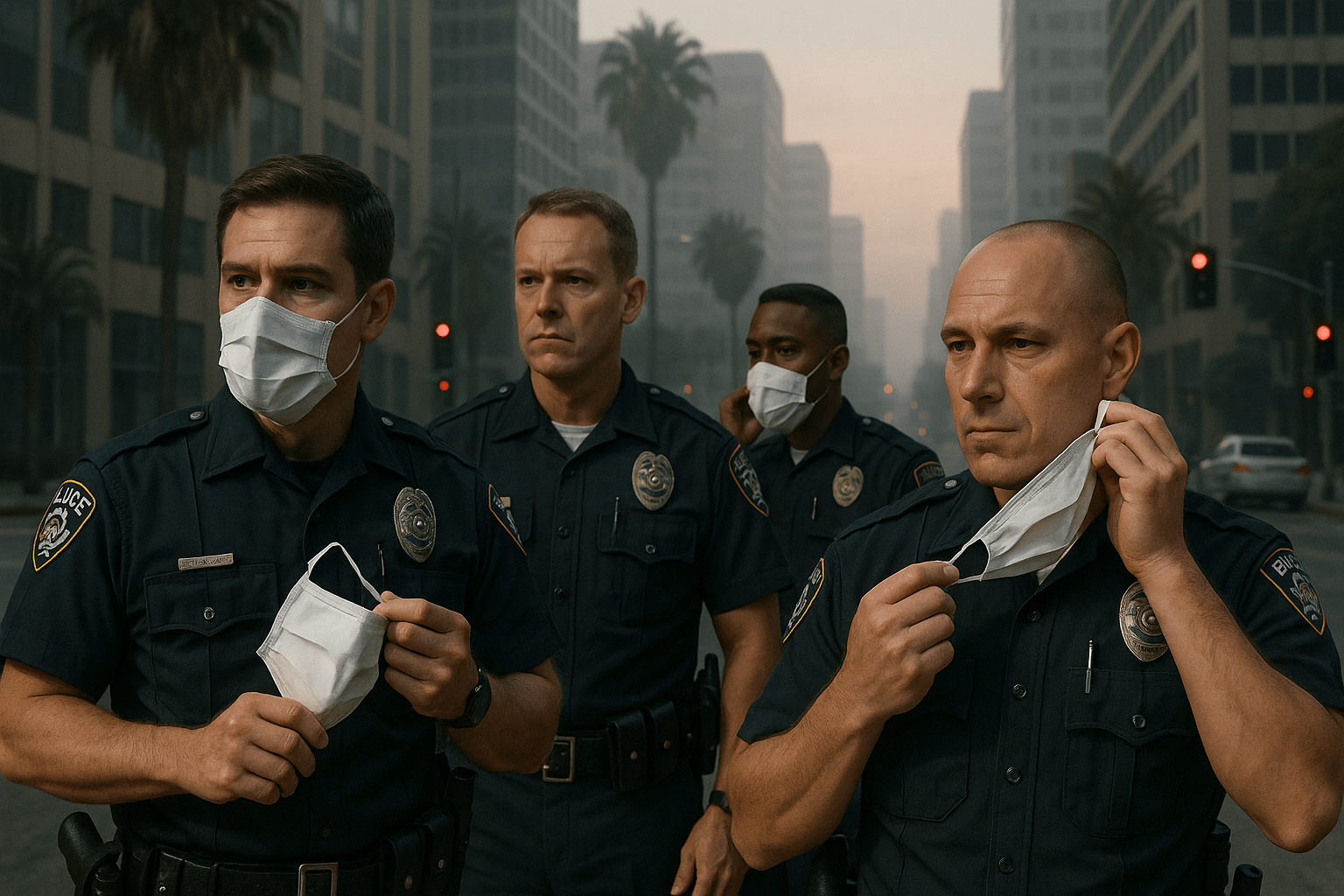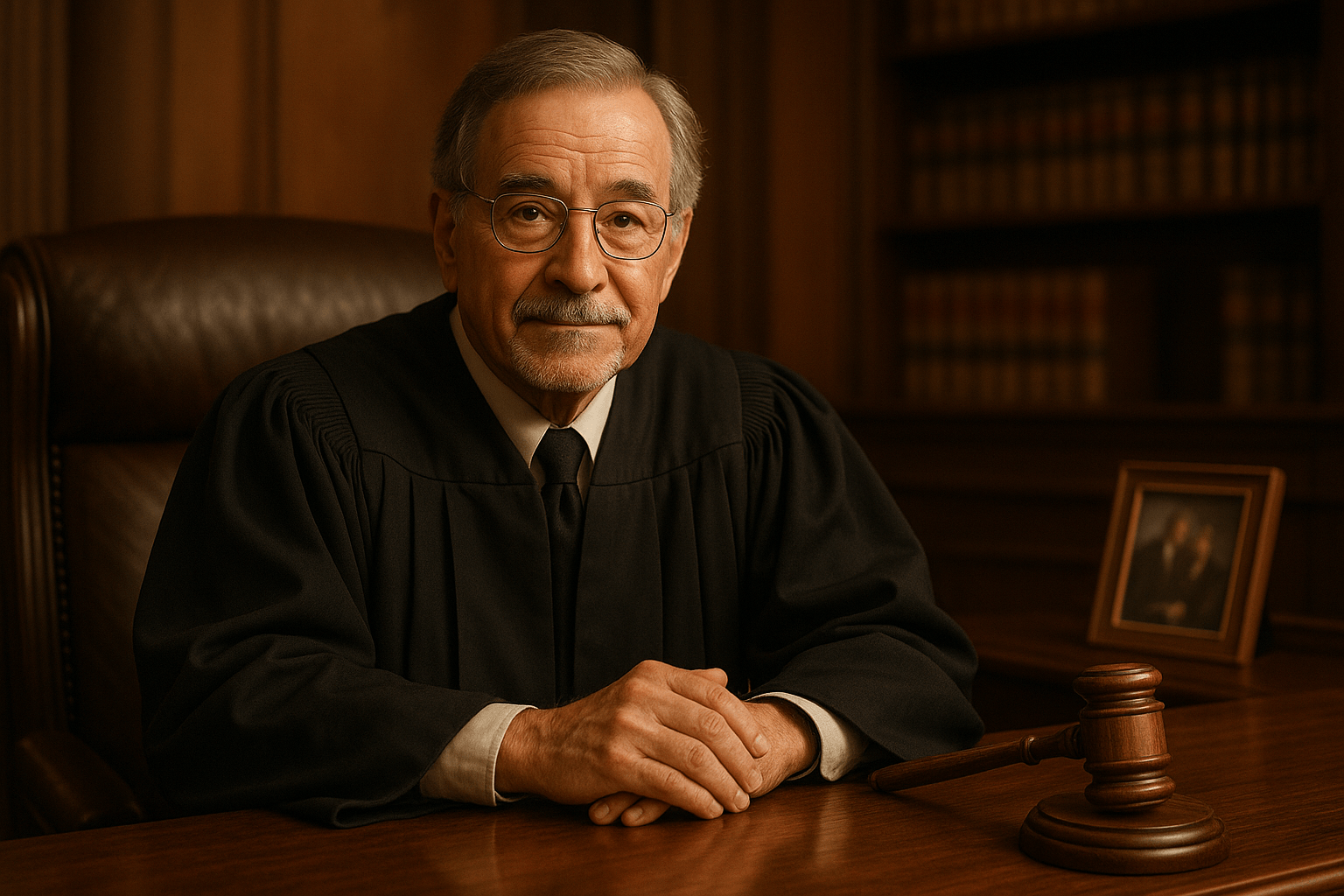California Pushes to Ban Law Enforcement from Masking Identities
In recent months, California has found itself at the center of a heated debate: Should law enforcement officers be allowed to mask their identities while on duty? This conversation has gained unprecedented urgency, powered by a legislative push aiming to enhance transparency and rebuild public trust in the justice system.
Why Are Law Enforcement Officers Covering Their Faces?
Historically, officers have sometimes worn masks or face coverings during protests, tactical situations, or undercover assignments. In these contexts, masks serve practical purposes, from protecting against projectiles to preserving anonymity for undercover operations. However, recent high-profile demonstrations and interactions with the public have reignited scrutiny of this practice.
Critics argue that the use of masks during non-undercover duties, such as protests or routine patrols, undermines public trust. The opacity that masks provide can make officers appear less accountable and can complicate efforts to identify officers in cases of potential misconduct. On the other hand, some law enforcement agencies defend the practice, citing concerns about doxxing or retaliation against officers and their families.
The New California Legislation: An Overview
California lawmakers are taking action. Recent proposals are seeking to prohibit law enforcement from hiding their faces while on duty, particularly during public demonstrations and major incidents. The intention is straightforward: enhance transparency, accountability, and public confidence in policing.
One of the key bills emerging from this momentum is the Assembly Bill 53. The bill lays out a clear mandate — police and other law enforcement officials in California must keep their faces visible, except in circumstances where personal protective equipment is needed (such as during a pandemic), or during specific undercover operations that would be jeopardized by visual identification.
Arguments For the Ban on Masking
- Transparency: When officers can be identified, the public feels safer and more confident that actions align with the law.
- Accountability: Visible identification means that authorities are answerable for their behavior, reducing instances of reported misconduct.
- Trust-Building: An open face can humanize interactions, making communication with the community more approachable and effective.
For a deeper understanding of the transparency movement, take a look at the ACLU’s work on police accountability.
Concerns and Criticisms
While the bill has generated a wave of support from civil rights groups and the general public, not everyone’s convinced. Critics—often from within law enforcement organizations—warn of unintended consequences.
- Officer Safety: Public identification could expose officers to reprisal outside work, especially if they’re involved in high-profile incidents.
- Privacy Concerns: Officers argue that transparency should not come at the expense of personal safety or their family’s safety.
- Limitations in Tense Environments: There is an ongoing debate about situations where anonymity might be crucial, like handling dangerous organized crime groups.
What Does the Public Think?
The push for this legislation has sparked extensive commentary, with many Californians voicing support—particularly after several incidents where masked officers reportedly engaged in questionable conduct. Public polling consistently reflects a strong desire for more transparency in policing policies. The conversation is also growing on social media and in civic forums, reflecting a groundswell of demand for change.
National Impact and the Broader Movement
California is not alone. Across the country, states and municipalities are reviewing similar laws and guidelines. These conversations are part of a larger, ongoing effort to reform police practices, promote transparency, and restore faith in public institutions.
Video footage and firsthand accounts have been pivotal in shaping the narrative. One such resource, which captures the intensity of on-the-ground debates over police masking, is available on YouTube.
The Road Ahead: Will the Ban Become Law?
The proposed prohibition on masking is still making its way through the California legislative process, where it faces intense lobbying from both proponents and opponents. If passed, it could serve as a blueprint for other states grappling with similar issues.
For more updates on legislative progress and future developments, keep watch on reputable news sources like LA Times or follow the bill itself through California’s legislative tracking system. Those with particular questions about licensing or usage can also reach out directly via email at licensing@veritone.com.
Conclusion: Balancing Accountability and Safety
The conversation about law enforcement officers masking their faces is not just a California issue—it is part of a national reckoning over accountability, privacy, and the future of public safety. While transparency promotes public trust and effective policing, it must be carefully balanced with the legitimate safety concerns of those serving on the front lines.
As we await legislative decisions, the push in California to prohibit law enforcement from masking remains a touchstone in the broader struggle for fair, open, and effective law enforcement. For more in-depth discussion and updates, check out the links provided above.




